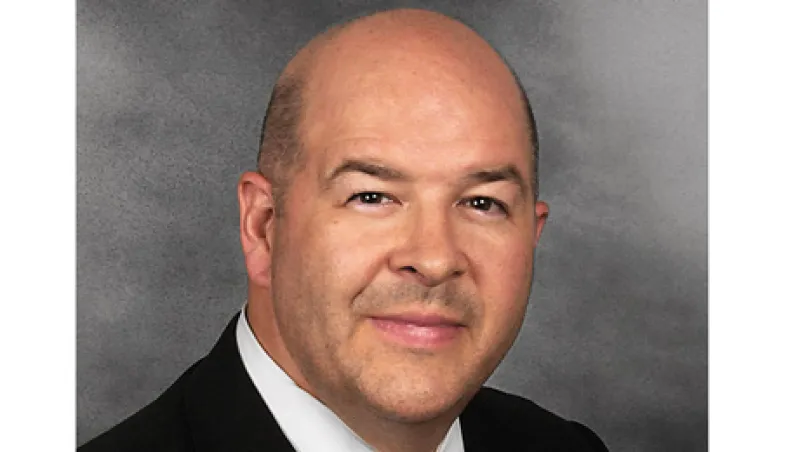
Hedge Funds the Best Way to Invest in Japanese Equities
Edward Rogers, CEO and CIO of Rogers Investment Advisors, believes that hedge funds are the smartest way - quite possibly the only sensible way - to invest in Japanese public equities.
Henry Stokes
November 7, 2011


